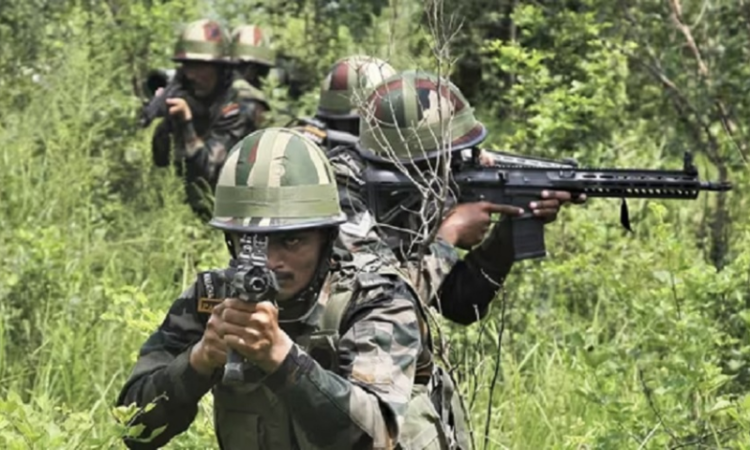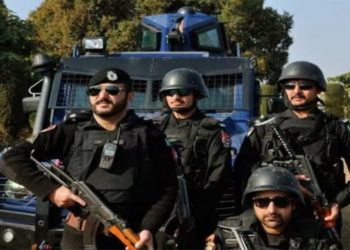Islamabad, February 13, 2025: Security forces have once again exposed India’s sabotage activities along the Line of Control (LoC), revealing its alleged attempts to spread unrest in Azad Jammu and Kashmir (AJK) and Gilgit-Baltistan.
According to security sources, India has a long history of unprovoked ceasefire violations, targeting innocent civilians along the LoC. Recent intelligence indicates that Indian military and intelligence agencies have been actively involved in subversive activities, including the transportation and planting of Improvised Explosive Devices (IEDs).
Security reports suggest that since 2016, there have been 54 incidents of IED planting by India along the LoC, with an alarming increase in such occurrences in Chakothi, Nezapir, Cherikot, Rakh Chakri, Dewa, Battal, and Kot Kotera. These explosions have resulted in the martyrdom and injuries of numerous civilians.
Between February 4-6, 2025, four Indian-planted IEDs were discovered in the Battal and Rawalakot sectors, tragically claiming the life of a civilian. On February 12, 2025, Indian forces allegedly violated the ceasefire in the Dewa and Bagsar sectors, injuring two Pakistani soldiers.
Pakistan has formally protested India’s actions, sharing evidence of its subversive activities with UN officials in the affected regions, including Poonch, Bagh, Kotli, Mirpur, and Rawalakot.
Security sources allege that India continues to conduct false flag operations and staged encounters, falsely accusing Pakistan of border infiltrations. Reports further claim that India has punished several of its own officers, including 3 Rajputs and 12 Jats, for misusing military resources to smuggle weapons and drugs.
According to intelligence reports, India utilizes double agents who collaborate with Indian border units to smuggle weapons, later disguising them as Pakistani-origin arms. These agents are often eliminated by Indian forces and falsely presented as infiltrators from Pakistan to secure financial rewards.
One incident from November 2022 was highlighted, in which a civilian shot an Indian soldier attempting to conceal a weapons cache. Reports also claim that due to widespread disillusionment within the Indian Army, there has been a rise in suicides, which are often covered up as cross-border skirmishes to avoid scrutiny.
Defense experts assert that India’s violations of the ceasefire agreement, IED attacks, and weapons smuggling pose a serious threat to regional peace and stability. They argue that these actions serve to divert attention from India’s failures in occupied Kashmir, where it continues to incarcerate dissenters, confiscate property, and alter the region’s demographics.
Furthermore, experts claim that India is using anti-Pakistan rhetoric to deflect attention from its own acts of terrorism, attempting to sow distrust between Kashmiris and the Pakistani military.
Reports also allege that Indian intelligence agencies have engaged in sabotage activities beyond South Asia, citing evidence found in Canada, the U.S., the U.K., and Australia. Experts highlight the killing of Hardeep Singh Nijjar in Canada and an alleged assassination attempt on Gurpatwant Singh Pannun in the U.S. as part of a broader strategy to silence dissent.
With Indian Prime Minister Narendra Modi’s upcoming visit to the U.S., analysts believe India is orchestrating a campaign to portray Pakistan as a state sponsor of terrorism on the global stage. However, defense experts warn that such provocative tactics could escalate tensions and pose a significant risk to regional security.
Security forces reaffirm that Pakistan is fully capable of responding to any threats posed by India. They urge international bodies to take immediate notice of India’s ceasefire violations and destabilization efforts, emphasizing that any further escalations could have serious consequences for peace in South Asia.








